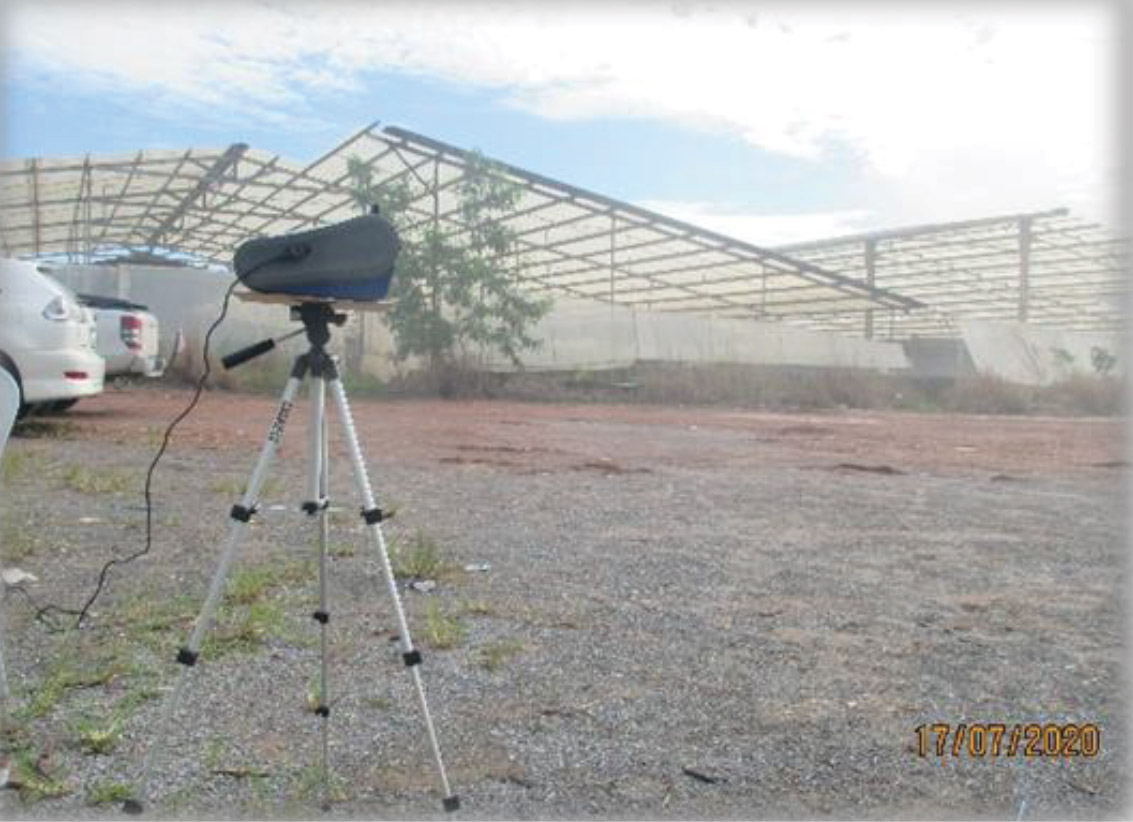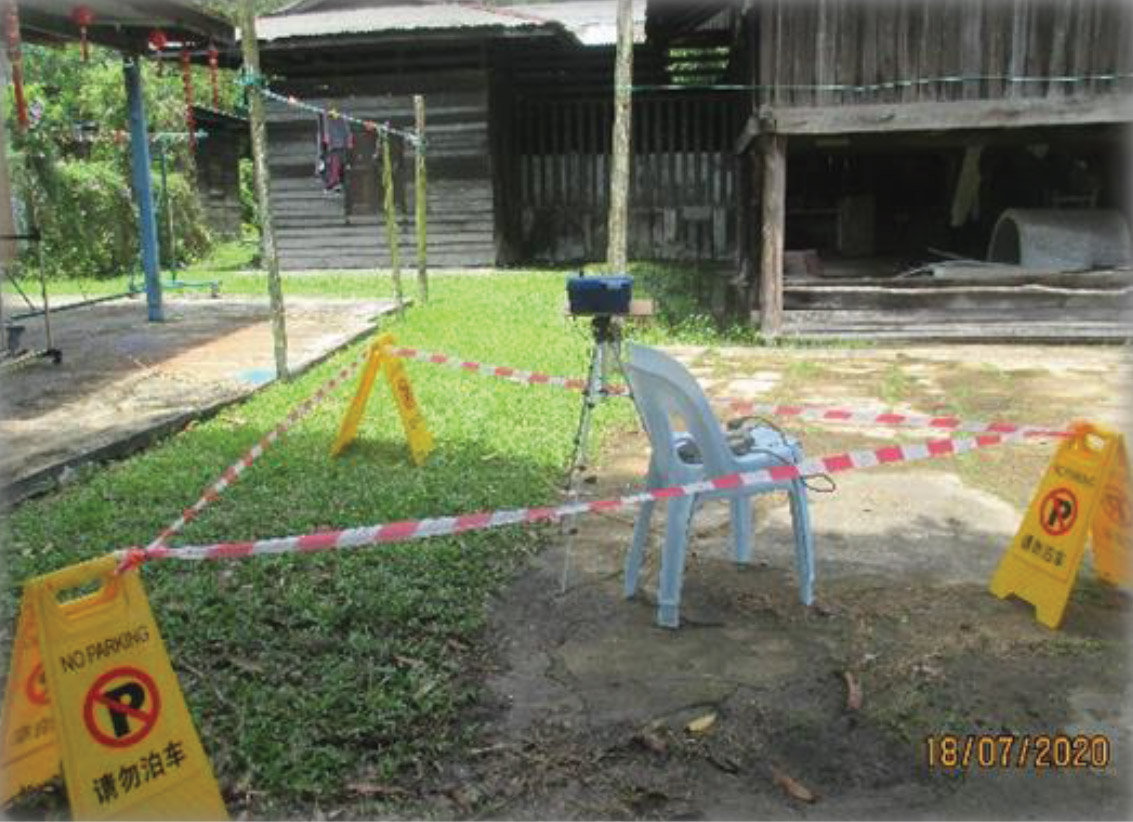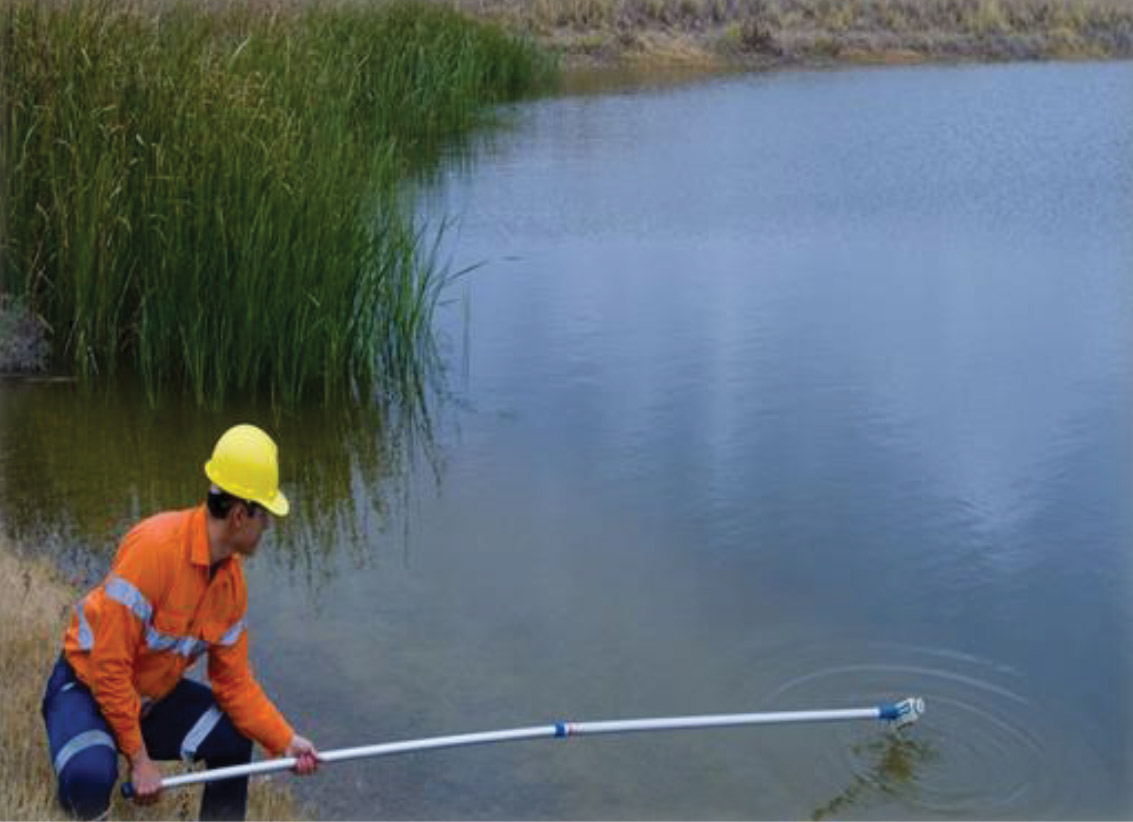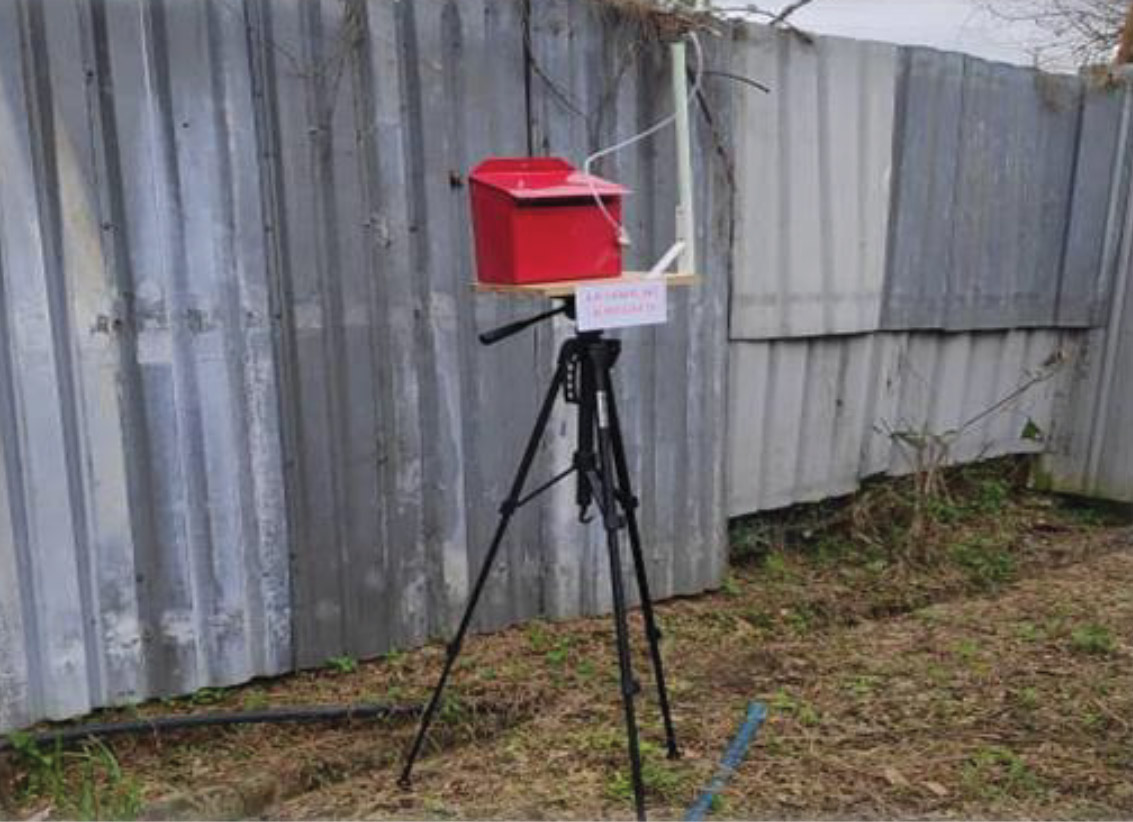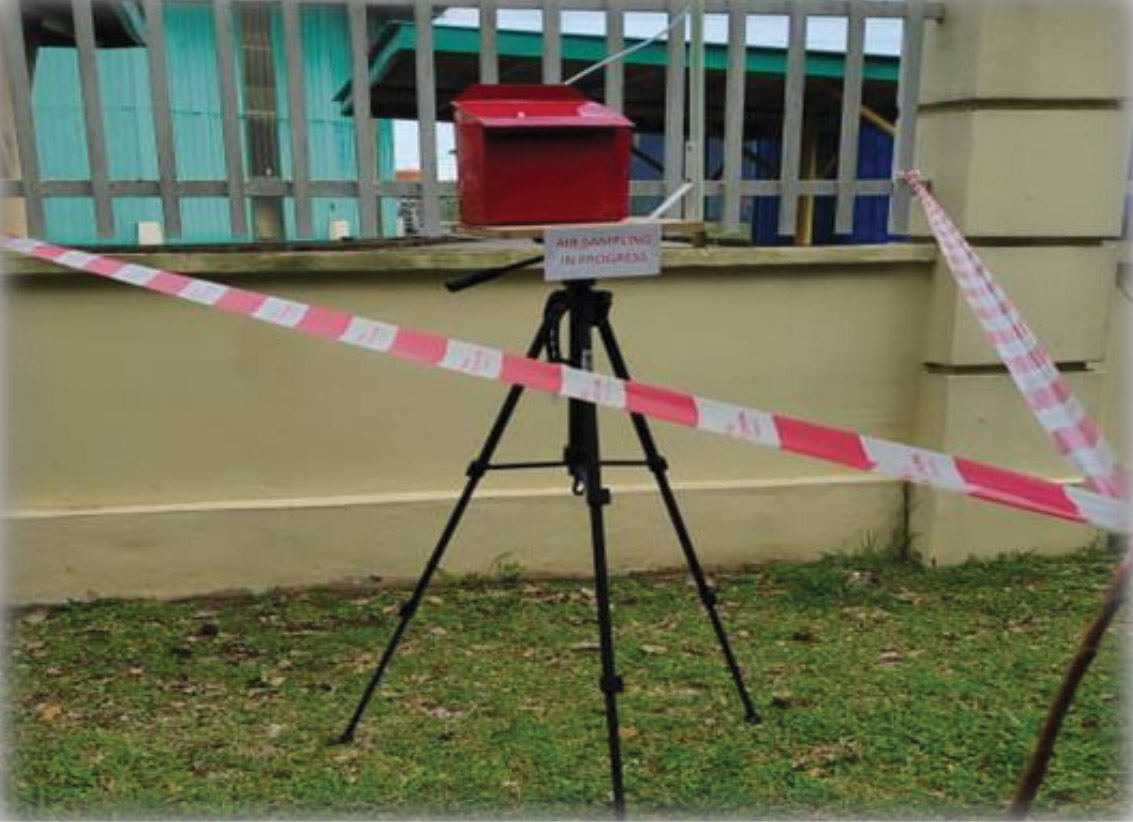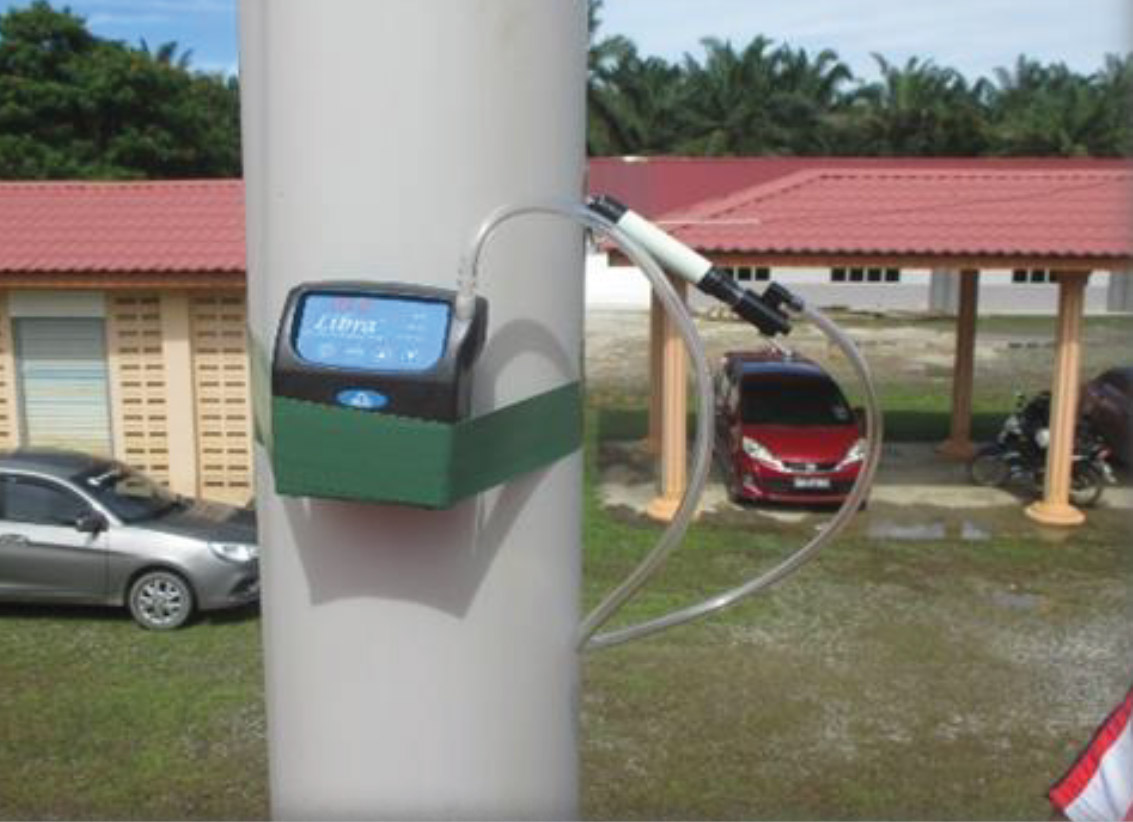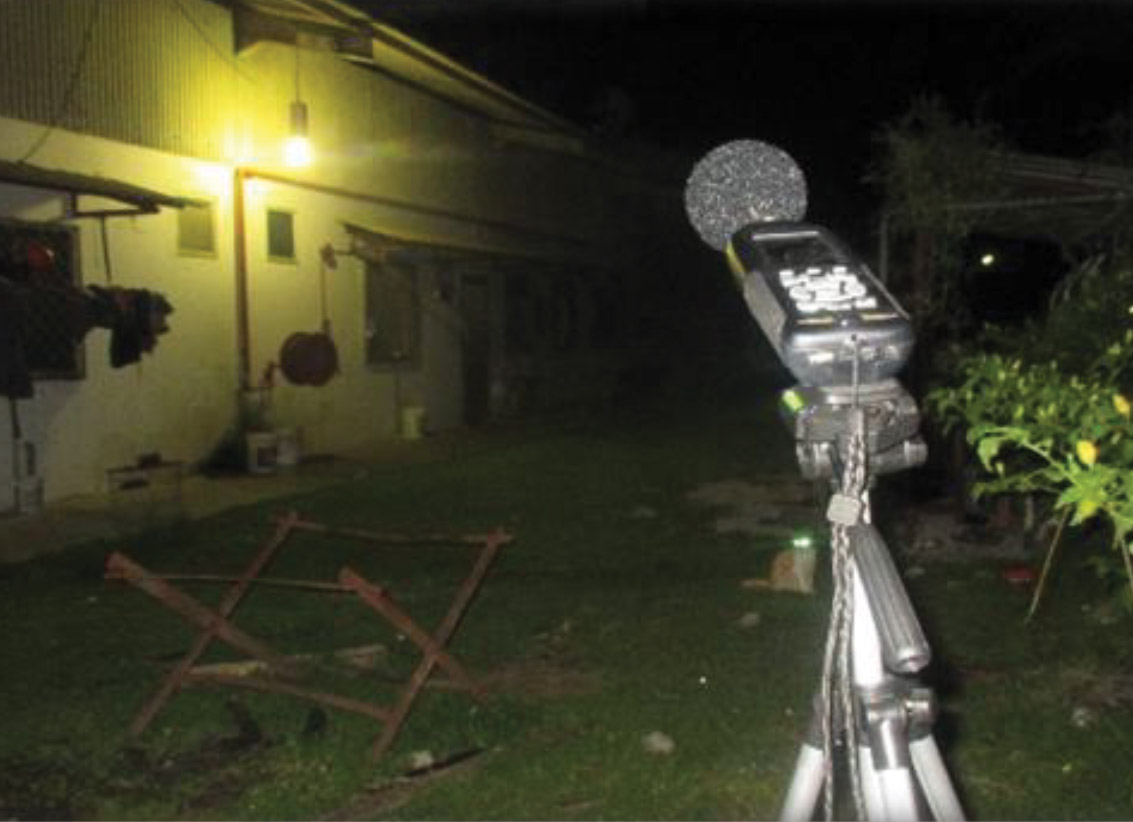- Home
- >
- Environmental Monitoring Reporting (EMR)
Environmental Monitoring Reporting (EMR)
Compliance to Department of Environment
Construction and operational activities at industrial premises often lead to inevitable significant environmental impacts such as air, water and noise pollution as well as socioeconomic impacts. Thus, environmental monitoring for industries is a key tool to assess the compliance of construction and operational activities with the requirements of Environmental Quality Act (EQA) 1974 and its pertinent Regulations. Under the EIA Conditions of Approval issued by Department of Environment, the Project Proponent is usually required to conduct and submit quarterly environmental monitoring reports for ambient air quality, stack gas emissions, water/effluent quality and noise level measurements at the boundary of project site. The monitoring results will be compared to limits stipulated in relevant environmental regulations and guidelines such as Environmental Quality (Clean Air) Regulations 2014, Malaysian Ambient Air Quality Standard (MAAQS), Environmental Quality (Industrial Effluent) Regulations 2009, Environmental Quality (Sewage) Regulations 2009 and The Planning Guidelines For Environmental Noise Limits and Control (2nd Ed., 2019).
Compliance to Natural Resource Environmental Board
Similarly, the effects of operations for the establishment of oil palm plantations such as site clearing, felling, planting, replanting, and the usage of agrochemicals will lead to adverse environmental impacts. Under the Terms and Conditions of EIA Report Approval, the Project Proponent is required to conduct and submit quarterly environmental quality monitoring report to NREB starting from the date of EIA approval for the entire period of the project, to monitor environmental condition at the project site. The program aims to collect, analyse and evaluate water samples taken from drains, streams and/or rivers within the project areas including ambient air quality and noise monitoring, where required. Such monitoring program would act as an early indicator of the adverse impact or change in impact trend of water quality.
For palm oil mill, wastewater analysis is required under the Terms and Conditions of the palm oil mill operation approval license. Under the Term and Conditions, the project proponent shall monitor the wastewater quality parameters in accordance with the requirements of Environmental Quality (Prescribed Premises) (Crude Palm Oil) Order 1977.

